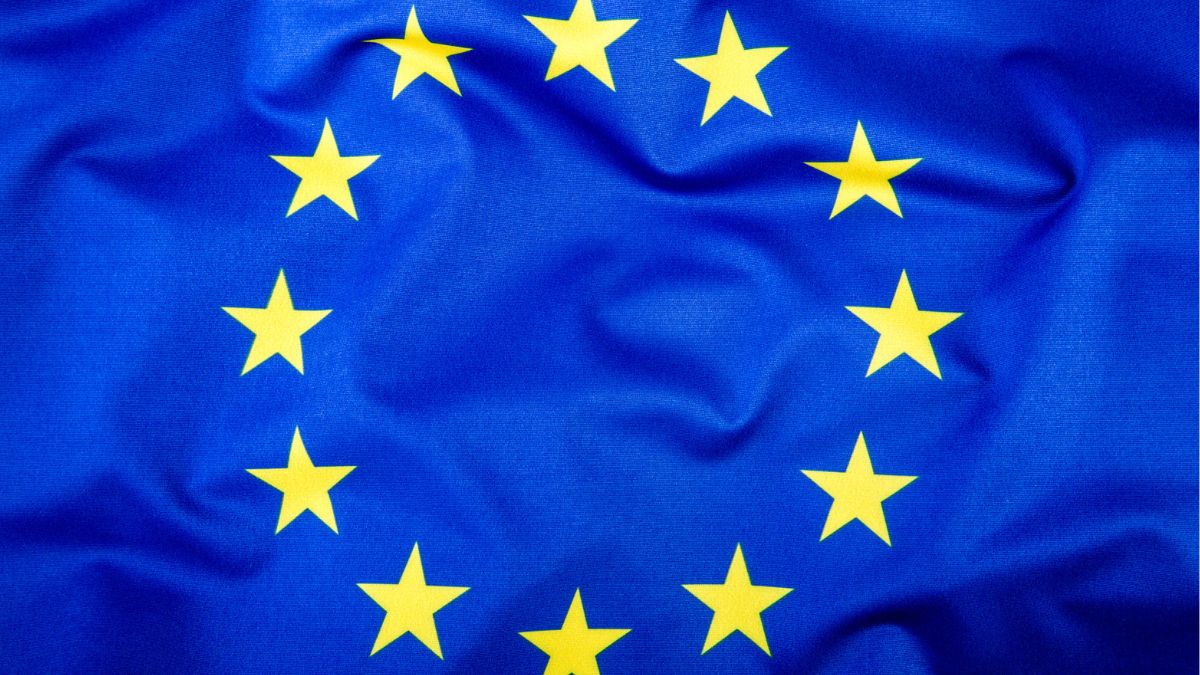Necessary Always Active
Necessary cookies are required to enable the basic features of this site, such as providing secure log-in or adjusting your consent preferences. These cookies do not store any personally identifiable data.
|
||||||
|
||||||
|
||||||
|

EU regulators have asked tech giants Google, Apple, and Microsoft to provide information about their safeguards against financial scams. According to Reuters, the EU’s move to ask the big tech to tackle financial scams highlights the concerns that countries in the region have regarding online fraud.
“We see that more and more criminal actions are taking place online. We have to make sure that online platforms really take all their efforts to detect and prevent that kind of illegal content,” EU Tech Chief Henna Virkkunen said.
Since the Digital Services Act took effect, the European Union has enhanced scrutiny over tech companies to ensure compliance with EU regulation of online financial scams. Under this law, tech companies are required to take steps to address the problem of harmful and illegal content on their platforms. Regulators sent formal requests to the three U.S. companies and one Dutch company, Booking.com, on September 24, 2025.
“Today, we sent requests for information, under the DSA, to Apple, Booking.com, Google and Microsoft on how they identify and manage risks related to financial scams. Online fraud can start very easily nowadays, and too often results in financial losses for consumers,” Virkkunen posted on X.
Online scams range from fraudulent banking apps to fake hotel listings and deepfakes promoting fake investments. According to Virkkunen, these scams cost EU residents over $4.7 billion every year. Globally, regulators have warned that with AI, scammers will find it easier to defraud people through fake investment schemes and phishing attacks.
In recent months, the EU has focused on using the DSA to protect children, safeguard the integrity of elections and online shopping. Virkkunen said that the next goal for regulators in the region is to fight financial fraud. In June 2025, EU regulators warned Meta of daily fines if its pay-or-consent model fails to comply with the rules.
The requests will likely lead to formal investigations and non-compliance penalties for big tech in the EU. The move comes at a time when tensions over EU rules are still rife. Previously, U.S. President Donald Trump has threatened higher tariffs against countries that target American companies. In January 2025, the EU said it was reviewing probes on major U.S. tech companies, including Apple, Google, and Meta. However, the region never paused the technical work on ongoing cases.
But Virkkunnen emphasized that in the Apple, Google, Microsoft EU inquiry, regulators investigate based operations of individual firms, not location. Regulators will want to know what actions Apple and Google take against fake apps in their App Stores. In 2024, the two firms uninstalled close to four million apps from their App Stores.
At the beginning of 2025, Apple announced that it would uninstall 137,000 apples from its EU App Store in order to comply with the DSA rules. Google’s Android controls 72% of the global mobile operating system market while Apple’s iOS holds a 27% share of the market.
Google suffered a major setback in June 2025 after an advisor of the region’s highest court supported EU regulators and advised that its appeal against a €4.1 billion antitrust fine be thrown out. The fine relates to an antitrust case where regulators accused the search giant of abusing its Android dominance.
The EU Tech Chief also said regulators will focus on fake search results on Microsoft’s Bing and Google search engine. For Booking.com, which is the only EU company on the list, regulators will check how Booking Holding addresses the fake listing challenge.
While Google is yet to comment on the EU’s request for information, Booking.com and Microsoft said they will engage the European Commission about the issue constructively. On its part, Apple responded saying it had widened its “anti-fraud initiatives to address these challenges and protect users.
The company also committed to promote user safety saying, “while the regulator focuses on issuing misguided and counter-productive threats of investigation and fines, we will continue to advocate for the safety and security of our users.”